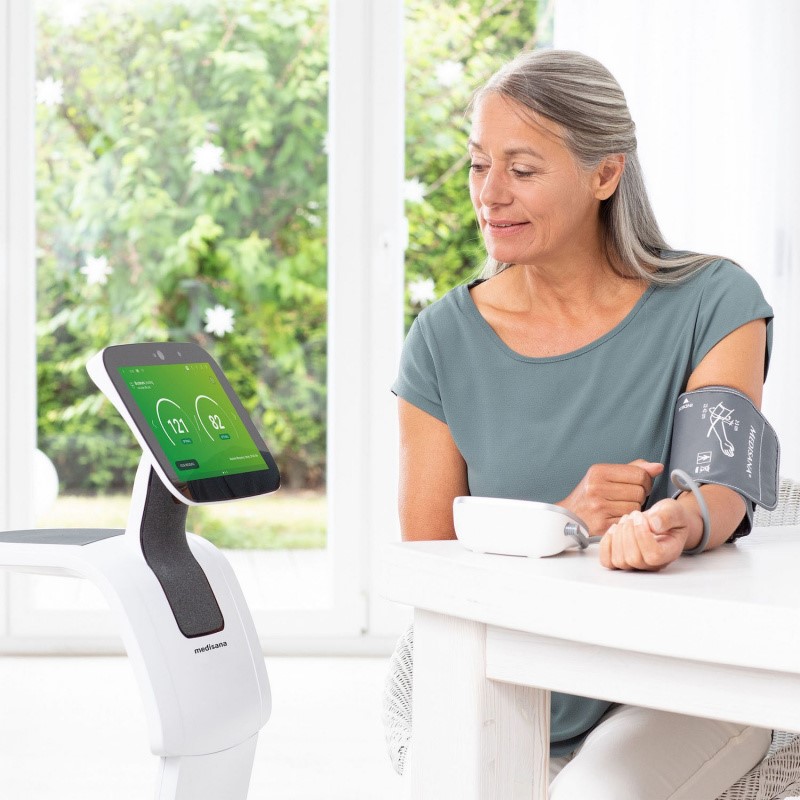
Nutritional science has seen a remarkable evolution over the past few decades, driven by advancements in research methodologies, technology, and a deeper understanding of the complex interplay between diet, health, and disease. As we navigate through the 21st century, several emerging trends in nutritional science are shaping health outcomes in profound ways. This article delves into these trends, offering insights into how they are transforming the landscape of health and wellness.
Personalized Nutrition
One of the most significant trends in nutritional science is the shift towards personalized nutrition. Unlike the one-size-fits-all dietary guidelines of the past, personalized nutrition takes into account individual differences in genetics, metabolism, microbiome composition, and lifestyle factors to tailor dietary recommendations. Advances in nutrigenomics and nutrigenetics have made it possible to understand how specific nutrients interact with an individual’s genetic makeup, leading to more effective and targeted dietary interventions.
For instance, genetic testing can now identify variations in genes related to nutrient metabolism, which can help in crafting personalized diets that optimize health outcomes. This approach is particularly beneficial for managing chronic conditions such as diabetes, hypertension, and obesity, where personalized dietary plans can significantly improve patient outcomes.
Gut Microbiome Research
The gut microbiome, the community of trillions of microorganisms residing in our intestines, has emerged as a critical player in human health. Research in this area has exploded in recent years, revealing that the gut microbiome influences not only digestive health but also immune function, mental health, and even the risk of chronic diseases.
Nutritional science is increasingly focusing on how diet can modulate the gut microbiome to promote health. For example, diets rich in fiber, prebiotics, and probiotics have been shown to enhance the diversity and functionality of the gut microbiome, leading to improved health outcomes. Conversely, diets high in processed foods and low in fiber can disrupt the gut microbiome, contributing to a range of health issues.
Plant-Based Diets
Plant-based diets are gaining popularity, driven by growing evidence of their health benefits and concerns about environmental sustainability. Nutritional science supports the shift towards plant-based eating patterns, which are associated with lower risks of chronic diseases such as heart disease, diabetes, and certain cancers.
Studies have shown that plant-based diets, which emphasize fruits, vegetables, whole grains, legumes, nuts, and seeds, are rich in essential nutrients and bioactive compounds that promote health. These diets are typically lower in saturated fats and cholesterol, which are linked to cardiovascular diseases. Additionally, plant-based diets have a lower environmental footprint, making them a sustainable choice for the planet.
Functional Foods and Nutraceuticals
The concept of “food as medicine” is gaining traction, with a growing interest in functional foods and nutraceuticals. Functional foods are those that provide health benefits beyond basic nutrition, while nutraceuticals are products derived from food sources that offer medicinal benefits.
For example, omega-3 fatty acids found in fish oil have been shown to reduce inflammation and improve heart health. Similarly, polyphenols in green tea have antioxidant properties that can protect against chronic diseases. The market for functional foods and nutraceuticals is expanding rapidly, driven by consumer demand for products that support health and well-being.

Intermittent Fasting
Intermittent fasting (IF) has emerged as a popular dietary trend, supported by a growing body of research. IF involves alternating periods of eating and fasting, with various protocols such as the 16/8 method (16 hours of fasting and 8 hours of eating) or the 5:2 method (eating normally for 5 days and restricting calories for 2 days).
Studies suggest that intermittent fasting can have several health benefits, including weight loss, improved metabolic health, and enhanced longevity. IF is thought to promote autophagy, a cellular process that removes damaged cells and regenerates new ones, thereby reducing the risk of chronic diseases.
Digital Health and Nutrition
The integration of digital technology into nutritional science is another notable trend. Digital health tools, including mobile apps, wearable devices, and telehealth platforms, are revolutionizing how individuals monitor and manage their nutrition and health.
Mobile apps can track dietary intake, physical activity, and other health metrics, providing real-time feedback and personalized recommendations. Wearable devices can monitor physiological parameters such as heart rate, sleep patterns, and physical activity levels, offering insights into overall health and well-being. Telehealth platforms enable remote consultations with nutritionists and dietitians, making it easier for individuals to access professional guidance and support.
Sustainable Nutrition
Sustainability is becoming a key consideration in nutritional science, reflecting concerns about the environmental impact of food production and consumption. Sustainable nutrition emphasizes the need for dietary patterns that are not only health-promoting but also environmentally friendly.
This trend is driving research into sustainable food systems, including the development of alternative protein sources such as plant-based meats, cultured meats, and insect-based foods. Reducing food waste and promoting sustainable agricultural practices are also important components of this trend. By aligning nutritional recommendations with sustainability goals, we can support both human health and the health of the planet.
Mindful Eating
Mindful eating is an emerging trend that focuses on the experience of eating, encouraging individuals to pay attention to the taste, texture, and smell of food, as well as their hunger and fullness cues. This practice is rooted in mindfulness, a form of meditation that promotes awareness and presence in the moment.
Research suggests that mindful eating can improve dietary habits, reduce overeating, and enhance the overall eating experience. By fostering a healthier relationship with food, mindful eating can contribute to better health outcomes and greater well-being.
Conclusion
The field of nutritional science is rapidly evolving, driven by innovative research and a deeper understanding of the complex interactions between diet, health, and disease. Personalized nutrition, gut microbiome research, plant-based diets, functional foods, intermittent fasting, digital health tools, sustainable nutrition, and mindful eating are some of the key trends shaping the future of nutrition and health outcomes.
As these trends continue to develop, they offer promising opportunities to enhance health and well-being on both an individual and global scale. By staying informed about these trends and incorporating evidence-based practices into our daily lives, we can make more informed choices that support our health and the health of our planet.










